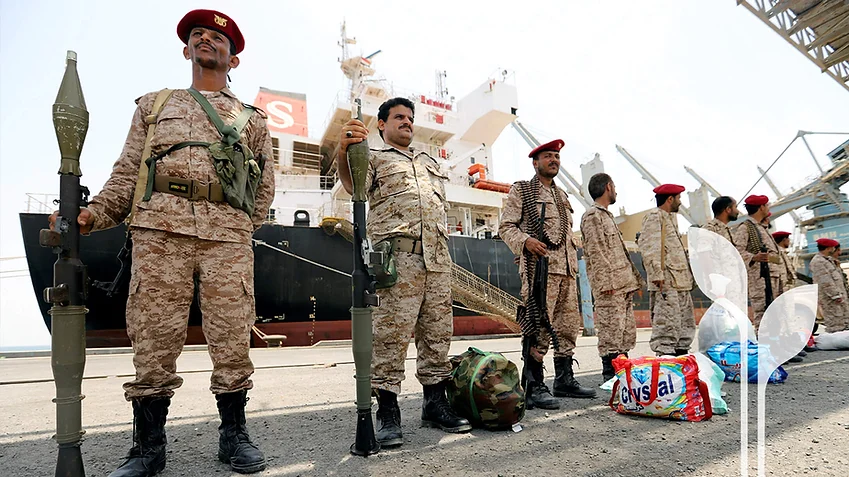Throughout May attention remained on Hodeidah, where UN monitors have been seeking to implement the Hodeidah Agreement reached during the Sweden Consultations in December. The Houthis unilaterally redeployed their forces from the three ports of Hodeidah governorate between May 11 and 14, in a move that was verified by the UN and lauded as a critical first step in the implementation of the agreement. However, the move was heavily criticized by the Yemeni government as a sham and counter to what was agreed upon. “I can no longer tolerate the violations committed by the special envoy, which threaten prospects for a solution,” President Hadi said in a letter to the UN Secretary-General, who responded that he maintains confidence in his envoy, Martin Griffiths.
As the first set of redeployments were completed, delegations from the two warring parties met separately with the Office of the Special Envoy in Amman from May 14-16 in an attempt to reach consensus on the economic provisions contained in the Hodeidah Agreement. However, the talks made little progress, as both parties remained set on managing port revenues through their respective Central Bank of Yemen headquarters. Meanwhile, the WFP threatened a phased suspension of its aid delivery in Houthi-controlled areas unless the group follows through on agreements to improve its conduct. The relief body accused Houthi leaders of diverting aid and preventing it from selecting and verifying aid recipients autonomously.
As the Houthi redeployments were wrapping up and political negotiations were beginning in Amman, the Houthis launched cross-border drone attacks on an oil pumping station and other targets inside Saudi Arabia. In apparent response, an intense coalition bombing campaign was carried out in Sana’a that left dozens of civilians dead and injured. Meanwhile, fierce clashes continued in Al-Dhale’a governorate, blocking off the preferred route between Sana’a and Aden. As a result, OCHA reported it is taking trucks carrying humanitarian supplies about four times longer to travel between Aden and Sana’a, and costing humanitarian agencies 60 percent more.
